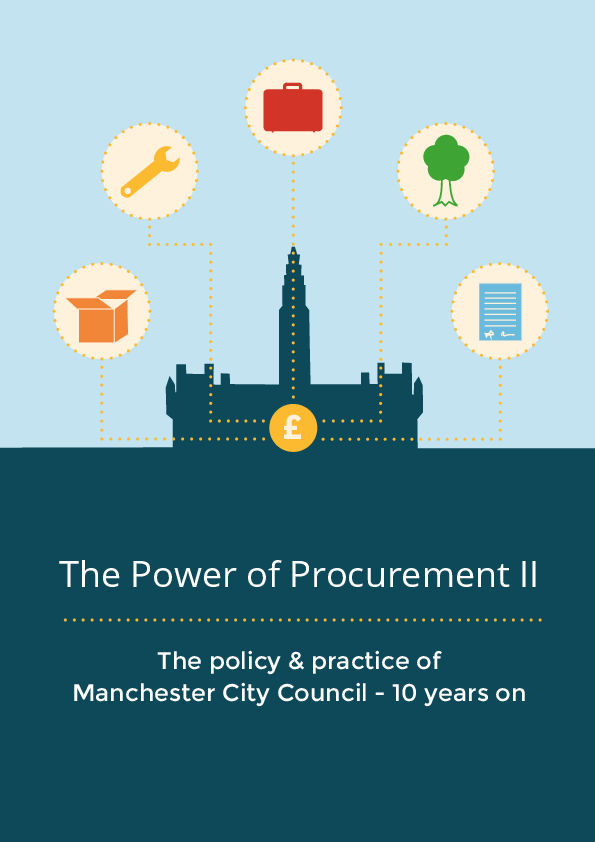8 ways to enhance the role of housing providers
Housing providers have a significant role to play in the functioning of the economies in which they are based and in addressing social issues. They achieve this through the delivery of activities which complement and supplement public services and contribute to a variety of outcomes including around employment, and health and well-being.
Like other place based anchor institutions, housing providers also have a key lever for economic, social and environmental change at their disposal in the form of procurement. All housing organisations will purchase goods, services and works and will have a process in place to design, procure and deliver these. However, the challenge with procurement historically is that it has often been overly bureaucratic, with price the primary decision-making criteria; and little opportunity to utilise procurement to address wider issues.











